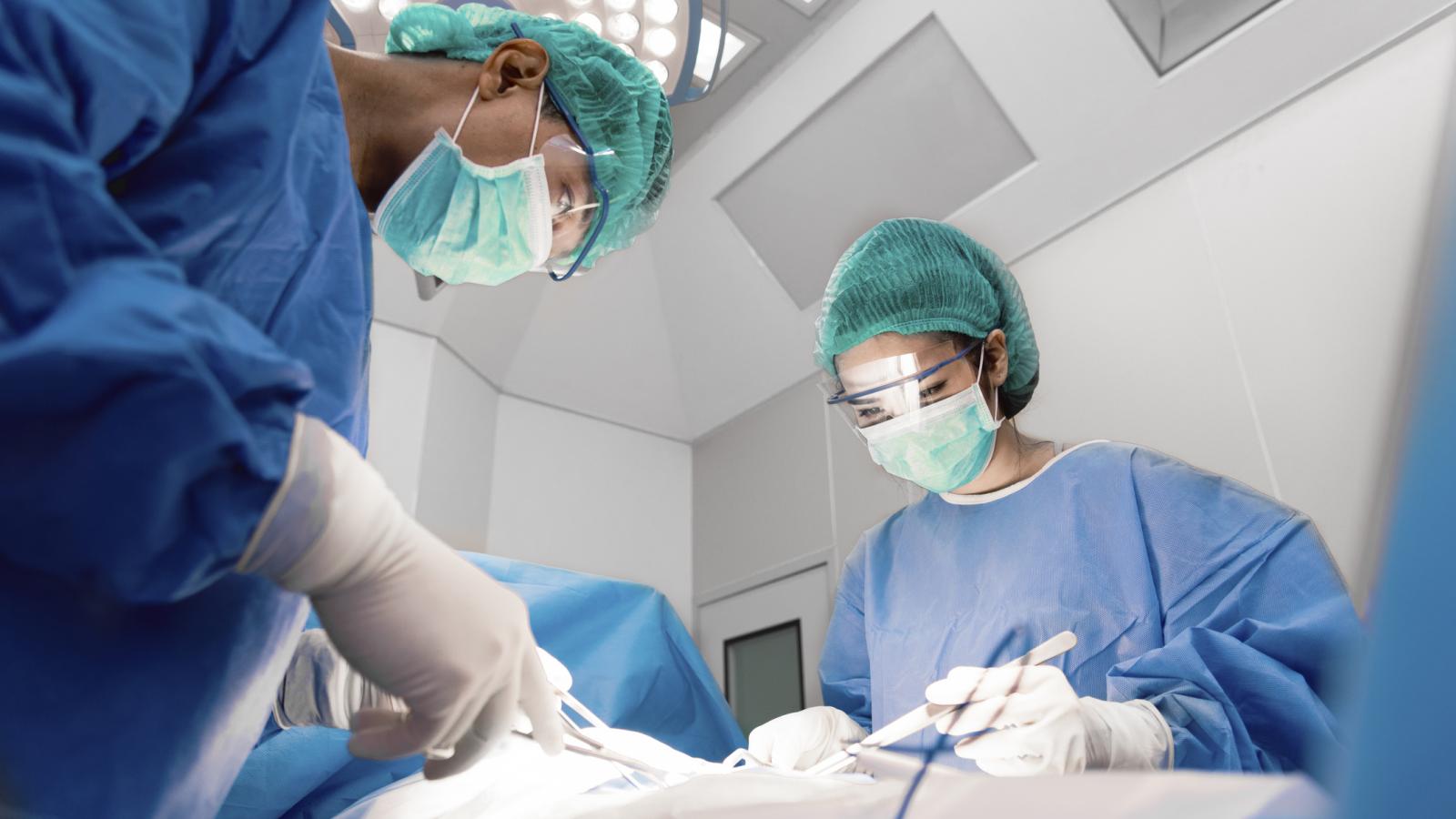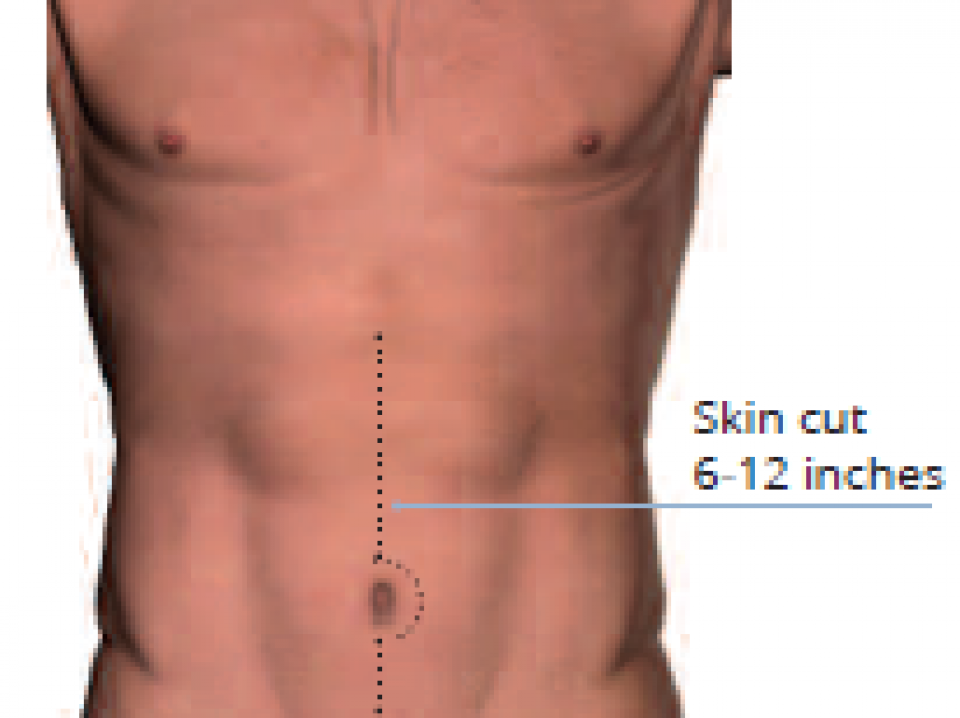Lymph node surgery – RPLND

Occasionally when cancer has spread to lymph nodes, these nodes may not shrink back to normal size after chemotherapy. It is often difficult to tell on a CT scan why they are enlarged. It could be:
- A collection of dead cells in the glands, known as necrotic tissue
- Cells in the nodes that may turn cancerous in the future
- Cancer cells that remain in the nodes
The only way to know for sure why the glands have not shrunk back down is to take them out and send them to be looked at under a microscope. The operation to remove these lymph nodes is called a retro peritoneal lymph node dissection or RPLND.
How is RPLND surgery done?
You will need to have a general anaesthetic for this operation. It is a long operation, usually lasting a number of hours. It involves a cut from the top of your tummy (abdomen) down to below your belly button to allow the surgeon to remove the lymph nodes that are behind your organs. These nodes lie alongside your kidneys and the main blood vessels in your abdomen (tummy area).
All operations have a risk of complications such as bleeding and infection. In RPLND there is a risk of needing to have your kidney removed or you may need a graft to the blood vessels in your abdomen (tummy area). Before your operation, your doctor will discuss these possible complications with you.

Your wound
The wound will be along your tummy. The line of stitches will go from below your breastbone to your pubic bone. Stitches or staples are usually removed 7 to 10 days after your surgery.
Recovery from RPNLD
After the operation it may be 7–10 days before you and your doctor feel you are ready to go home. How long you need to stay in hospital will depend on how quickly you recover. For example, if your bowels are slow to move afterwards you may need to stay a little longer. It can take a couple of months before you are fully recovered and ready to return to normal activity after this operation.
Will I be able to have children after RPLND?
After RPLND ‘dry’ ejaculation can happen. This means no semen comes out when you climax. If you have a dry ejaculation you are less likely to be able to have a child naturally.
If you want to start a family or have more children, ask your doctor about ways that your sperm can be collected.
For more information
Phone
1800 200 700


